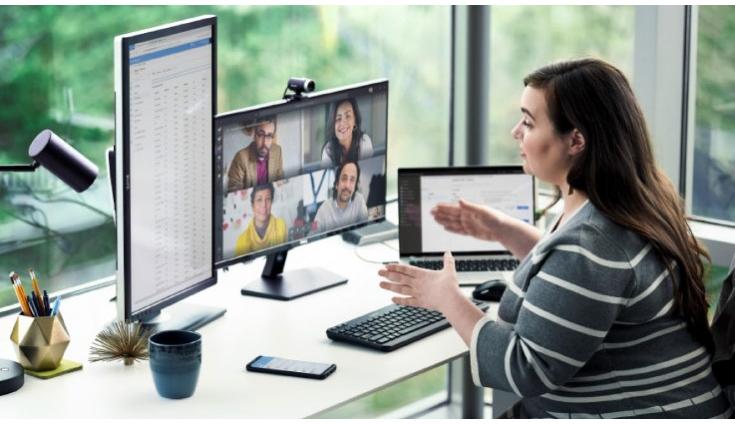The Centre for Development of Telematics or C-DoT is reportedly working on a video conferencing tool that will be available for the Indian government as well as courts in the country. This platform will rival Zoom, Google Meet and the upcoming Jio Meet in the segment. Sourced quoted in the ET report pointed out the platform will offer features we already get in Zoom and Microsoft Teams but its security Encryption will make useful for securing confidential government calls.
The report suggests C-DoT will offer the VC platform in two versions; one for the public and another one for the government. It is believed the Indian government was not keen on relying on global products, which is why C-DoT is the most likely source of coming up with a product that meets all their needs. More importantly, the platform will run through servers located within the country, which is claimed to help in preventing cyber-related attacks. The platform is expected to be deployed in the coming days.
Other than C-Dot, more than 2000 applications were submitted to the government which started a hackathon to encourage local firms to come up with their version of Zoom but made in the country. Since then Jio also announced it will launching its Jio Meet platform for video conferencing very soon.
The report about C-DoT working on a VA platform comes more than a month after the Ministry of Home Affairs deemed the Zoom App as an unsafe platform. The ministry in a two-page long document asked private individuals to use the application with caution. The advisory provided options with an option to enable/disable certain settings to prevent unauthorised entry in the conference room prevent authorised participants to carry out malicious on the terminals of other in the conference and avoid DOS attack by restricting users through passwords and access grant.
This advisory came after the Computer Emergency Response Team of India (CERT-In) issued warning about the safety issue of the Zoom video conferencing app. “Insecure usage of the platform (Zoom) may allow cybercriminals to access sensitive information such as meeting details and conversations,” it pointed out.


